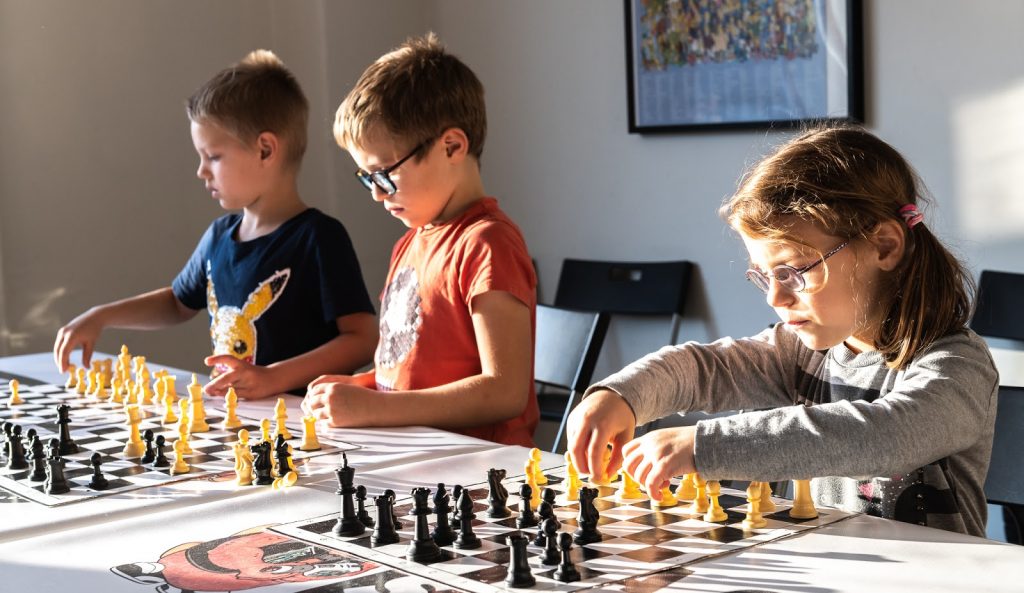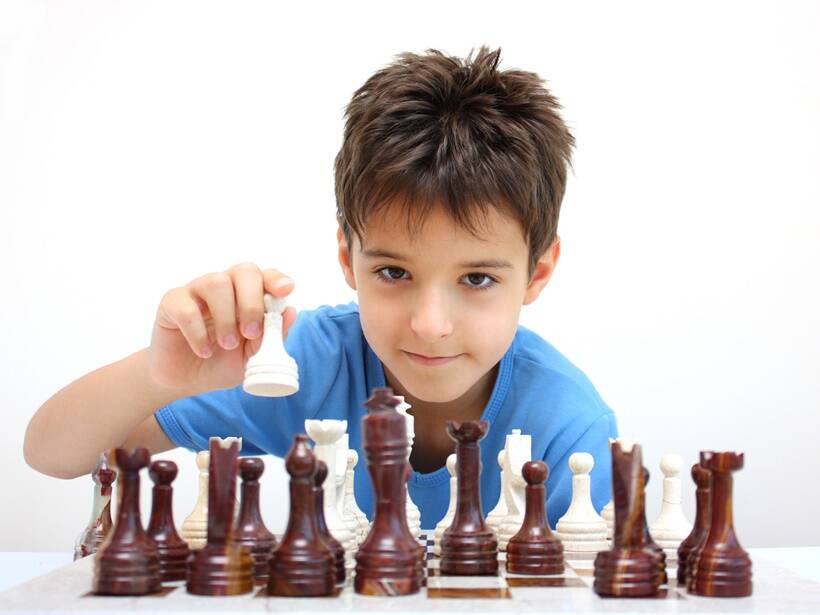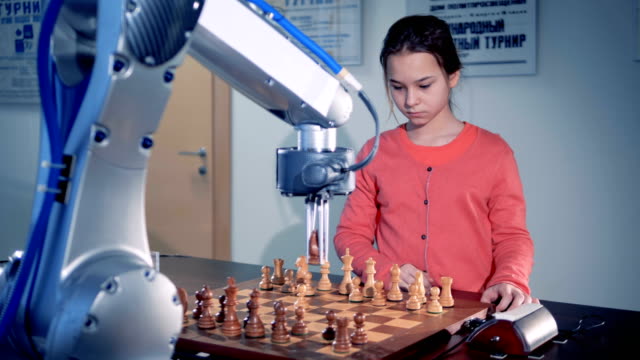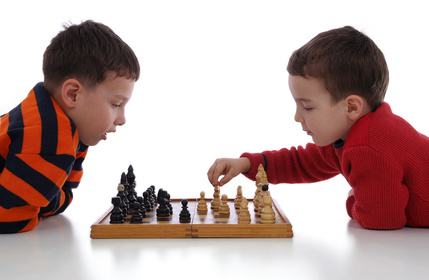Chess is a game many of us enjoyed while growing up. We might have played with friends or even learned it seriously. But did you know, chess is more than just a game? When we do activities like sports or hobbies, we might think about jobs, but it’s about more than that. Chess is about learning and growing, not just about winning. Chess teaches us important life skills. It’s like a journey where we learn and grow, no matter if we become champions or not. It’s a game for everyone, and it’s about much more than just playing.
Whenever your child begins to play chess, keep in mind that it’s not just about winning or losing. Chess teaches them skills they can use every day. It’s like a learning journey where winning is just one part. Even the best players don’t always win, and that’s okay! What matters is the progress they make and the lessons they learn along the way. So, let’s help them understand that chess is about growth, learning, and enjoying the process, not just about being a champion.
1. Think of chess like a puzzle where every piece has a job. Just like a team, each piece helps in its own special way. Pawns, knights, and others all have different roles. It’s like learning that everyone is important, even if they do different things. This is a big lesson for life too. In real life, knowing that everyone has a role is really important. Just like chess makes us think in different ways, it’s like a cool skill for solving problems and being open to new ideas.
2. In the world of chess, every single move you make matters! Chess teaches you to be careful and thoughtful about each move you make on the board. Just like in life, taking your time to think before making a decision is really important. This skill helps you become better at making choices and decisions in your everyday life. Chess is like a training ground for making smart and confident decisions.
3. In chess and in everyday situations, staying calm is really important. Imagine if you’re worried or scared, the choices you make might not be the smartest. In chess, when we have time to think and stay composed, we make better moves. This skill is like a secret weapon for tough times in real life too. Just like in chess, where clear thinking is key, learning to manage feelings can help kids handle tough decisions and challenges.
4. In chess, you learn to take each step carefully and think about what might come next. It’s like planning your moves ahead of time. This skill helps in everyday life too. Sometimes we get caught up in big plans, but chess teaches us to find balance and focus on what’s important right now. It’s a bit like being a clever strategist in a game! Just like a thoughtful strategist, you balance between the present and the future.
5. In chess, sometimes we make mistakes on the board – like when we don’t move the right way. But here’s the trick: we don’t stay upset about it. Instead, we learn from it and keep going. This skill helps in life too. Instead of feeling bad about mistakes, we learn, improve, and move forward. It’s about learning and growing, not staying stuck in feeling bad.
In addition to enhancing mental agility, chess nurtures valuable time management skills. Instead of succumbing to boredom during study sessions, engaging in chess fosters effective time and energy allocation. This skill, vital for life, extends beyond tournament victories, encompassing the realm of efficient resource management.
Chess ignites creativity and diverse thinking in kids, especially when they start young. Discovering their strengths, weaknesses, and play style nurtures uniqueness and empathy. This approach helps them value different perspectives while keeping their own, supporting personal growth.
Absolutely, chess imparts valuable life skills such as discipline. For instance, kids grasp the importance of organizing their belongings for class. When facing academic setbacks, they understand the need for consistent effort each day, nurturing responsibility and dedication. Just like in chess, where every move counts, kids understand that their actions matter in real life too. It’s like a game that teaches them important skills for everyday situations.
There are many other factors that can be learned as well. But as parents, you would have to believe that Chess is about more than just becoming a Grandmaster and can help kids explore the different aspects of the game and its important life lessons.



